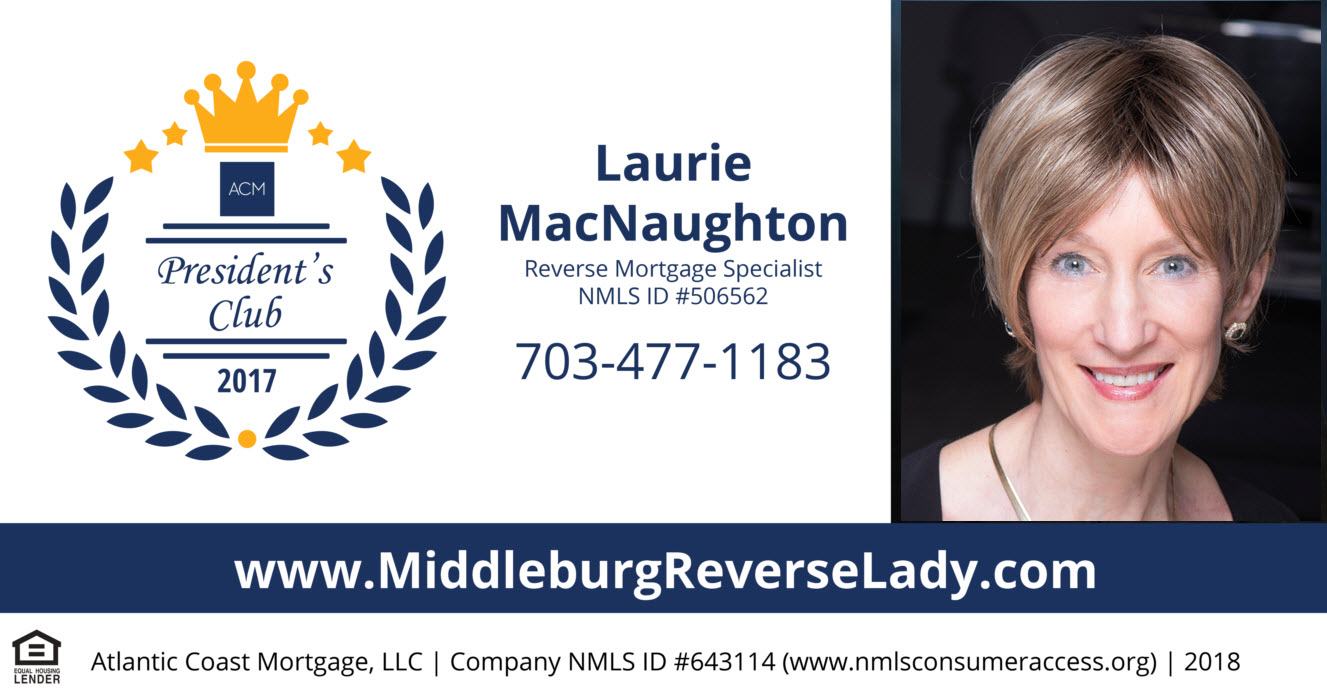Laurie MacNaughton © 2017
The call seemed like an outlier: the elder law attorney said her widowed, wheelchair-bound client was poised to lose her home due to foreclosure of a HECM after the homeowner failed to pay her property taxes.
Weird thing was, the homeowner had long had a full property tax waiver.
And then came another call, and then another – all within a couple weeks. All borrowers involved had had property tax waivers.
The question then became the following: had anything in the tax code changed regarding property tax waivers for senior homeowners?
Bingo.
A few months earlier tax waivers for the elderly had been changed to tax deferrals. And that’s a big deal.
Here’s why: the Code of Federal Regulations (CFR) citation addressing tax deferrals as they impact HECM reads:
The mortgagor shall not participate in a real estate tax deferral program or permit any liens to be recorded against the property, unless such liens are subordinate to the insured mortgage and any second mortgage held by the Secretary (24 C.F.R. PART 206, § 206.27 (B)(3)). [Emphasis added]
Tax deferrals are also addressed in the HUD Handbook:
The mortgagor is prohibited from participating in any real estate tax deferral program unless the lien created by this program is subordinate to the insured mortgage held by the mortgagee (HUD Handbook, 4330.1, chapter 13, section 12). [Emphasis added]
Due to federal guidelines on deferrals, if a HECM-holder’s tax waiver is turned into a deferral, the homeowner is subject to a clawback of the full amount of back taxes. If they cannot come up with the clawback and report late on their property taxes, their HECM is in default.
Virginia elder law attorney Veronica E. Williams cites an example.
She says:
My client, a participant in a senior homeowner tax relief program, has a reverse mortgage. Per county requirement, my client filed his annual application for tax relief and it was accepted.
Due to a municipal change from tax waivers to tax deferrals, my client’s reverse mortgage servicer became aware of the fact he now has tax deferral status instead of tax exempt status. As a result, the servicer advised that he had to withdraw his application for tax relief. When my client withdrew the application all deferred taxes became due and payable. The reverse mortgage servicer then notified him he had to pay all back real estate taxes.
The story gets worse. Attorney Williams continues:
My client advised the servicer he was unable to pay the taxes all at once because he was on a fixed income. The servicer offered to put him on an affordable installment plan, and he agreed to the terms of the plan. However, the servicer also advised that HUD would have to approve the payment plan.
Unfortunately, HUD did not approve the payment plan. This lack of approval was not based upon any fault on the part of my client, but instead was based upon the fact my client’s reverse mortgage didn’t contain funds enough to pay the back taxes.
The reverse mortgage servicer paid my client’s real estate taxes and then sent notice he would be subject to foreclosure and eviction if he did not reimburse them for paying back real estate taxes.
This homeowner did nothing wrong. The rules changed and now he stands to lose his home.
From the county or municipality viewpoint the issues here are understandable: county boards concede the point that payment of property taxes can be a crushing burden in the retirement years. However, many counties face declining revenues, have yet to recover financially from the recession. For this reason they feel they cannot forfeit taxes outright, and instead recover back taxes after the property has been vacated by the senior homeowner.
But here’s where the math becomes complex: if seniors who were successfully aging in place and on track to being self-pay through the end of life lose their homes, solutions can represent a pricy fix. Long-term solutions potentially carry a price tag that far exceeds the tax revenue the county recovered. For instance, is there affordable housing sufficient to accommodate the newly displaced senior? And, does the county want to foot bill for aging homeowners who cannot qualify for reverse mortgages in the future due to property tax policies?
One last twist here: If the senior homeowner had Medicaid home-based care (also called an EDCD Waiver), and now has no home in which to receive care, are there enough Medicaid-approved nursing home beds to house the Medicaid recipients?
Medicaid is a cooperative between states and the federal government, meaning the financial burden does not fall upon individual counties’ shoulders. If counties inadvertently cause a care crisis, they don’t foot the bill; rather, the burden falls to the state and federal governments. No county would dare say, “We are a senior un-friendly community, and our goal is to disenfranchise our older homeowners.”
And yet – and yet – this can be precisely the unintended consequence if counties move forward with tax deferrals in a manner that does not take HECM guidelines into account.
There are examples of states successfully addressing the waiver/deferral issue. National Reverse Mortgage Lenders Association Executive Vice President Steve Irwin says California, Oregon, Massachusetts, and New Hampshire record tax liens subordinate to a HECM, thus fulfilling both the CFR and HUD Handbook qualifying requirements. Oregon is taking it one step further and moving legislation on the matter.
Making a way forward for as many people as possible to be self-pay through the end of life is a goal shared by many homeowners and municipalities alike – and reverse mortgage plays an integral role in achieving this goal.
Informed tax policy is going to prove a determining factor for many as to whether aging in place remains a viable option. As author Eckhart Tolle says, “Awareness is the greatest agent for change.” ‘Tis indeed, ‘tis indeed.





